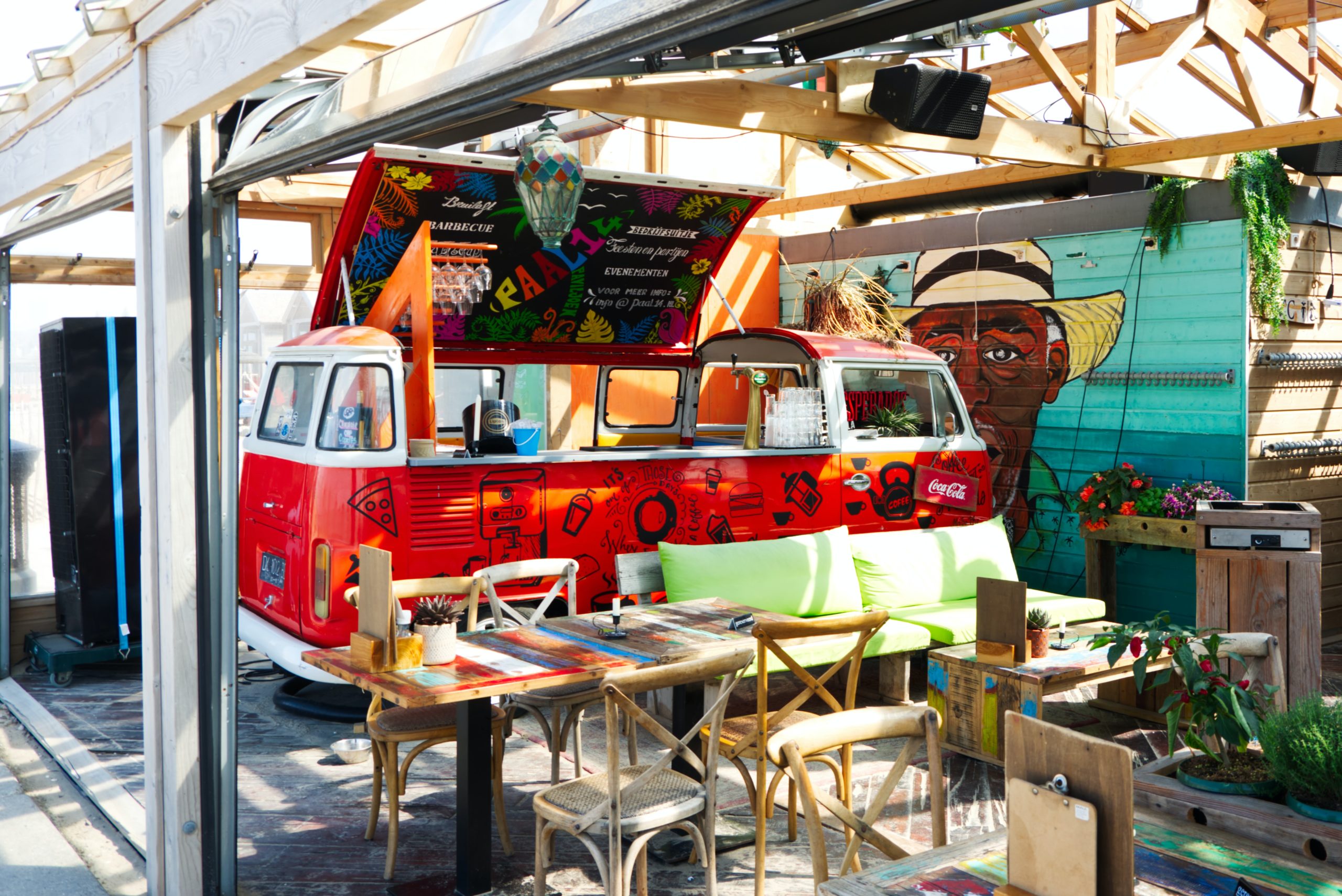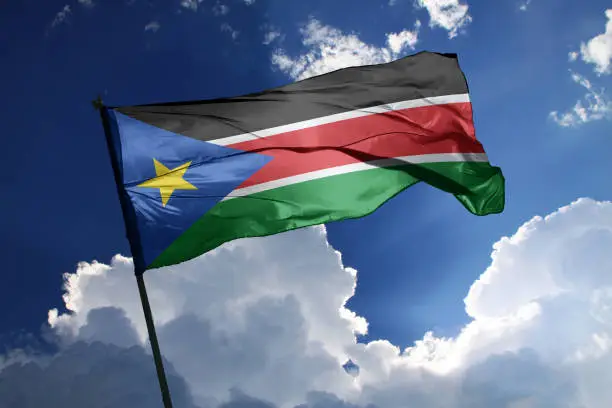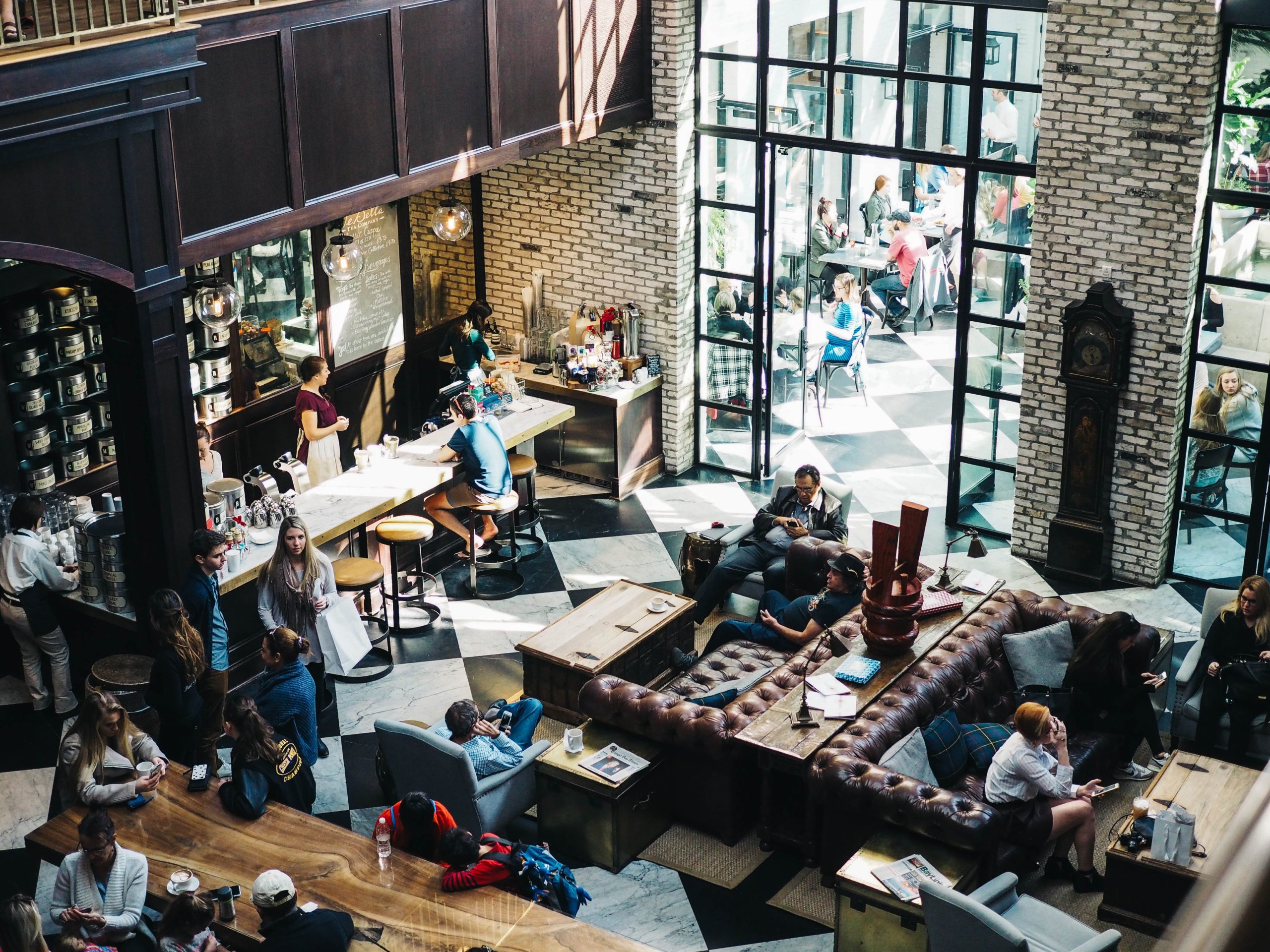In Serbia, the real estate market has been very active and growing over the past few years, with strong growth in all market segments. By the middle of 2022, the modern office stock in Belgrade was over 1.1 million square meters of GLA, and the modern retail stock had grown to 575,000 square meters m of GLA. All over Belgrade, new housing developments are going up because the price per square meter has reached an all-time high. This has made it very appealing to both international and domestic developers. It has great opportunities for industrial and logistics growth in the mid-to-long term because of its strategic location and its ability to access the EU market. Even though Serbia’s industrial and logistics market has grown in the past, there are still no large logistics parks that could be built for the speculative market.

Why start a real estate business in Serbia
It is in the middle of the Balkan Peninsula in southeastern Europe. It is at the point where Pan-European Corridors X and VII (the Danube River) meet. Pan European Corridor X is the most important highway and train corridor in Europe, and it goes through the country. It starts in Salzburg, goes through Belgrade and Nis, and then splits off to Athens and Sofia. The corridor also has a branch that goes to Budapest. In terms of building new infrastructure, corridor 11 which connects Belgrade to the coast of Montenegro is currently being built. It is 88,361 km2 in size, and its market is one of the biggest in the region. There are 7.2 million people living in the country, and 1.7 million of them live in the capital, Belgrade (Census 2011). Belgrade is the capital of Serbia and its cultural, educational, scientific, and economic center. Berlin is the only other capital city in Europe where two large rivers meet. The Belgrade riverbanks are 200 km long.
Main economic activities
Exports, food production, and industrial production are the main things that keep the economy going. Several countries have free trade agreements with Serbia. This makes it easier to start making things and send them to these markets without having to pay customs duties. It is home to some of the largest companies in the world because it has a skilled workforce, a good tax system, and a good location. Serbia is a great place for manufacturing companies, and a lot of them are in the auto industry. Business process outsourcing services like call centers, customer service, IT services, design, etc. are also popular. IT professionals know that it is a great place to work, and the number of IT companies in the country keeps growing. Since the European Union gave Serbia official EU candidate status in March 2012, it has been making steady progress on key reforms that will help it join the EU.
People from outside
Foreign people can buy real estate in Serbia through a transfer of ownership, which can happen both while the person is still alive and after they have died. Inter vivos is the transfer of ownership that happens while the transferor and the acquirer are still alive (for example, a gift contract or a sales contract), and mortis causa is the transfer of ownership that doesn’t start until after the transferor dies (e.g. testament or inheritance).
No matter which of these transfers is in question, for the transfer to actually happen, one thing must be true: the reciprocity principle must be in place between Serbia and the foreign person’s country.
Contractual reciprocity exists if Serbia has signed a bilateral agreement with the state where a foreign person was born that governs how foreigners can buy real estate.
Foreign legal entities
Not only can foreign individuals buy property in Serbia, but also foreign legal entities can do so. Just like foreign people, foreign legal entities that want to own property in the country must first meet the condition of reciprocity. As was already said, this means that foreign legal entities that get property through an inter vivos transfer should check each time to see if Serbia has a bilateral agreement with their home country. If the answer is no, the foreign legal entity should start the mentioned process to show the Ministry of Justice of the Republic of Serbia that reciprocity exists. There is a presumption of de facto reciprocity for foreign legal entities that get ownership by mortis causa transfer. Foreign legal entities still have a harder time buying property in Serbia than foreign individuals do. This is because foreign legal entities can’t buy property if they don’t have a company there. In this case, too, the opinion of the Ministry of Justice is very important because the Ministry must confirm that a certain legal entity’s activity is considered to be the activity done in Serbia.
Do not wait if you are a foreign person or a foreign legal entity who wants to start the process of buying property in Serbia.
You may also find these articles helpful
Start a commercial real estate business in Bosnia and Herzegovina
Start a commercial real estate business in Belgium
Start a commercial real estate business in Denmark






